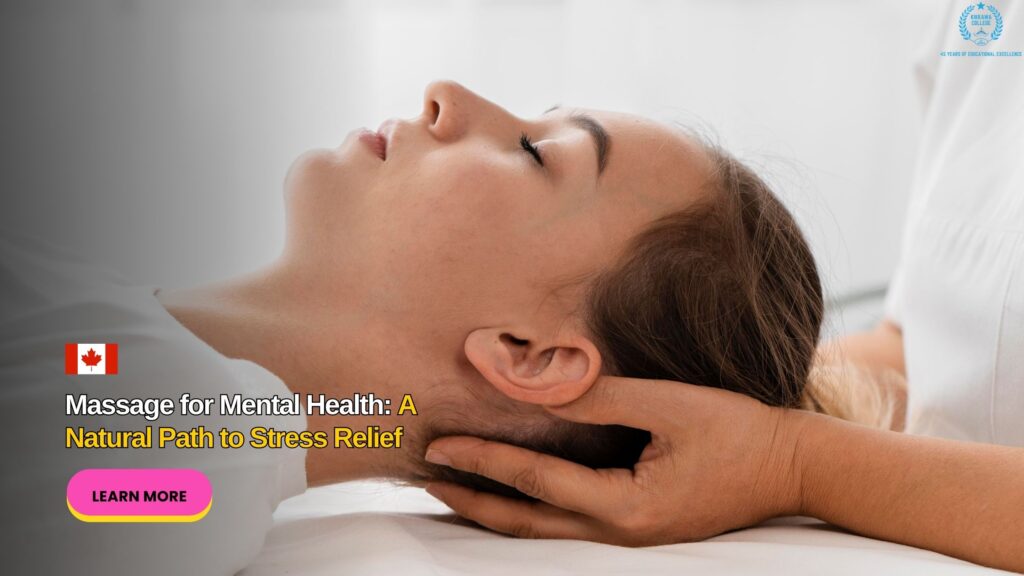Massage Therapy for Stress and Mental Health
Stress has become a constant challenge in today’s fast-paced world. Work pressures, family responsibilities, and digital overload often leave people feeling drained. While many turn to medication or counseling, massage therapy is emerging as a natural, effective tool to support mental health and stress relief.
How Stress Affects the Body
When the body experiences stress, it releases cortisol, a hormone linked to anxiety, sleep problems, and fatigue. Long-term stress also tightens muscles, restricts circulation, and weakens the immune system. This combination often leads to headaches, digestive problems, and even depression.
Massage as a Stress Reliever
Massage therapy works on both the body and mind:
- Reduces Cortisol Levels – Studies show massage can lower cortisol while increasing serotonin and dopamine, hormones that improve mood.
- Relieves Muscle Tension – Gentle manipulation releases tightness caused by stress, especially in the neck, shoulders, and back.
- Improves Sleep – Massage activates the parasympathetic nervous system, helping clients achieve deeper, more restful sleep.
- Promotes Mindfulness – The quiet, calming environment of a massage session encourages clients to disconnect and focus on relaxation.
Special Populations That Benefit
Massage therapy is especially helpful for people with high-stress jobs, caregivers, or students during exam periods. It’s also effective for those managing conditions like anxiety or PTSD, where stress management is crucial.
Training at ICT Schools
At ICT Schools, students in the Massage Therapy Diploma program learn how to tailor treatments to relieve stress and support emotional well-being. Courses emphasize the connection between physical health and mental balance, preparing graduates to provide holistic care.
Massage therapy offers far more than relaxation—it’s a powerful ally for mental health. By mastering stress-relief techniques, graduates can support clients in achieving balance and resilience.






